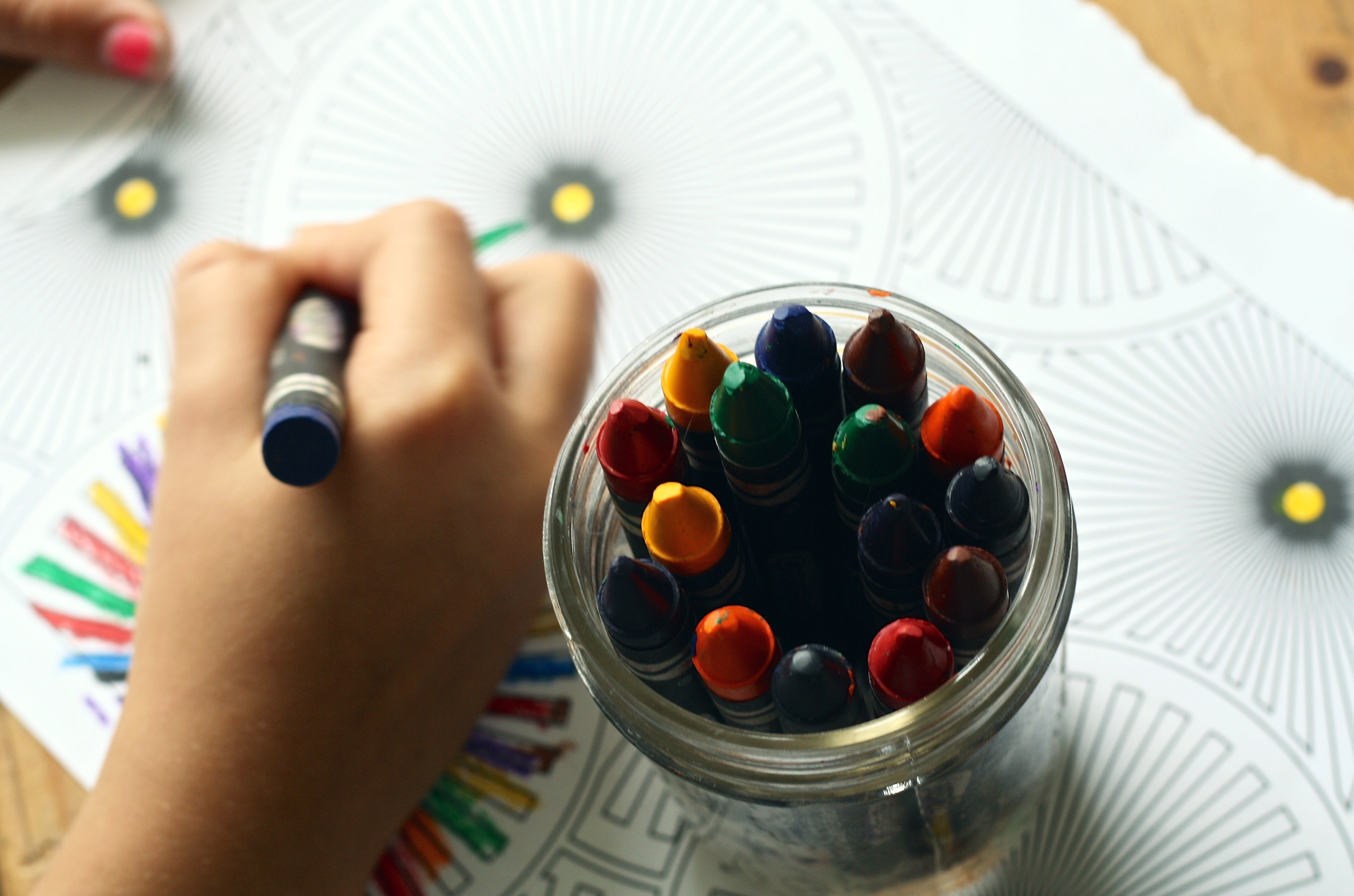
Does your child sometimes seem to “daydream” or seem inattentive when you wish they were paying attention to the task at hand? Even as adults, we sometimes get absorbed in our own thoughts at times and cannot focus on a task we are trying to do. Have you ever considered what is going on when this happens? Well, for adults, it often has to do with a problem or personal situation we are trying to figure out in our heads. New research is showing that for children too, they may be trying to figure out emotional situations when they seem distracted or inattentive.
This new research is based on a fascinating study of kindergarten-aged children in Germany. The researchers assessed the children’s “emotional knowledge” over the course of 14 months. Emotional knowledge involves the ability for people to identify other’s emotions (often based on facial expressions) and the situations that prompt those emotions. The assessment given to the children also tested their ability to control their own emotional expressions.
In addition to these emotional factors, the researchers also assessed the children’s language skills, self-regulation skills, and memory.
What the research shows is that there may be a link between emotional knowledge and kids’ ability to pay attention. Kids in the study who showed better emotional knowledge had fewer attention problems, even after other relevant factors (e.g., demographic factors or language ability) were considered.
So what is really going on here? Why is understand emotions helpful for kids’ ability to pay attention? The authors believe that the more children understand other’s emotions, then other people’s emotions and reactions become more predictable. Thus, children know what to expect from other people, how to manage their own reactions and can focus on other things.
This not only leads to more positive social interactions, but it frees up their brain to focus on academic subjects. In other words, kids get distracted and seem inattentive when they are using valuable brain space trying to figure out why people are expressing the emotions they are facing and how to manage that.
The researchers believe this work may have implications for understanding ADHD. Developmentalists has long-suspected that the root of ADHD has to do with children’s lack of executive function skills. These skills include things like working memory, self-control, and mental flexibility. In this study, however, the authors found that emotional knowledge was at least as important or perhaps more important to attention skills than executive function. Yes, that’s right–emotional knowledge was that important.
Wow! In the world of child development research this is pretty important stuff. For years we have understood the role that executive function plays in the development of children’s attention and overall positive growth. Now we are also seeing the crucial role that emotional knowledge plays. Noted emotional knowledge researcher Daniel Goleman puts it this way,
“Most of us have assumed that the kind of academic learning that goes on in school has little or nothing to do with one’s emotions or social environment. Now neuroscience is telling us exactly the opposite. The emotional centers of the brain are intricately interwoven with the neurocortical areas involved in cognitive learning. When a child trying to learn is caught up in a distressing emotion, the centers for learning are temporarily hampered. The child’s attention becomes preoccupied with whatever may be the source of the trouble. Because attention is itself a limited capacity, the child has that much less ability to hear, understand, or remember what a teacher or a book is saying. In short, there is a direct link between emotions and learning.”
Ok, now that we know the importance of emotional knowledge, how can we as parents help our children gain these skills? Well, one thing we know from research is that parents who talk to their children more about what other people might be feeling or thinking, helps kids develop emotional knowledge and the ability to understand the perspective of others. So, it’s really not that complicated–just talk to your children often about other’s feelings. Developmentally, kids will not really be able to understand others’ thoughts until they are between 3 and 4 years of age. This is the age when “theory of mind” developments. However, it’s never too early to start.
Do you have a story to share with our readers? We want to hear it! Sign up for our Spoke Contributor Network and start submitting your writing today.











